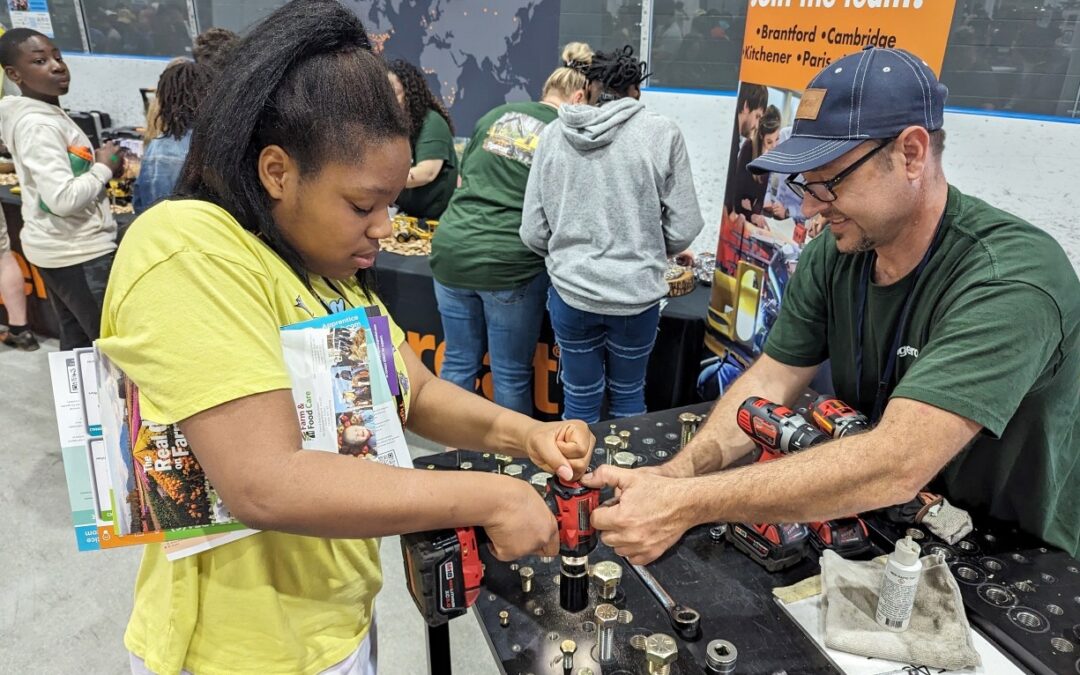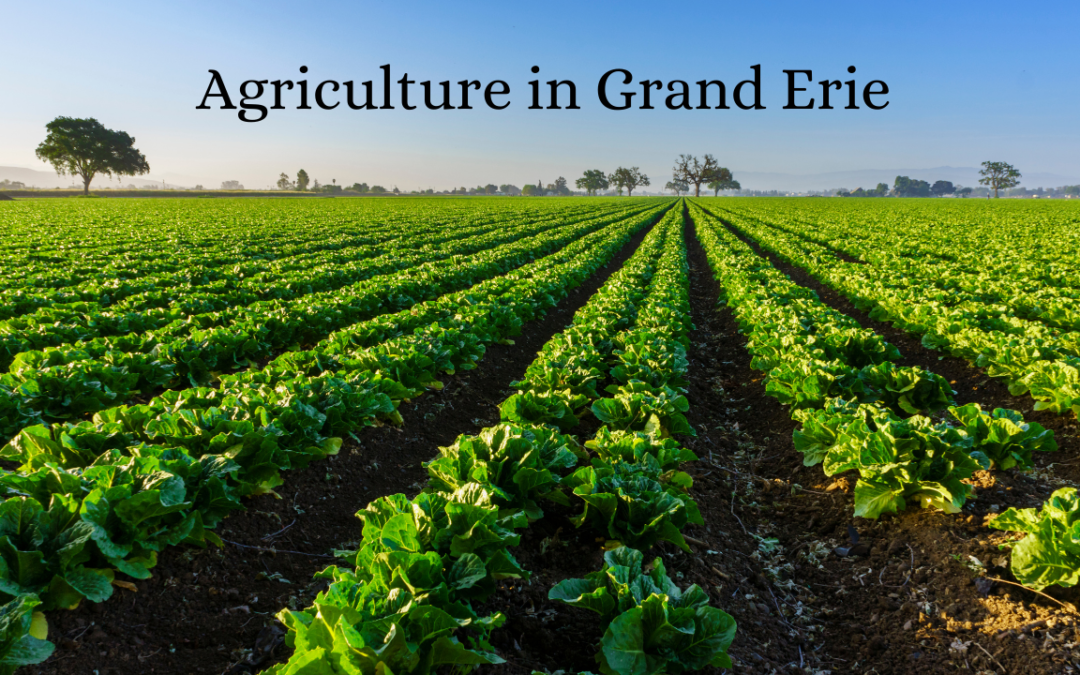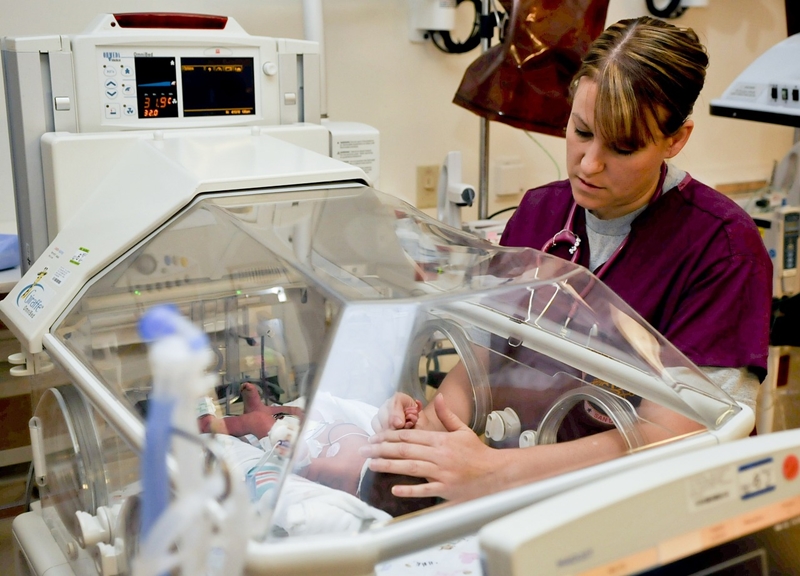
Epic Jobs 2024 attracts record numbers
Epic Jobs 2024 attracted a record-high 2,400 students, making it the largest Epic event in its 5-year history.
Grade 7 and 8 students from schools across the Grand Erie region spent hours at the event, held May 22, at Brantford’s Wayne Gretzky Sports Centre, taking over the floor of one rink and an outdoor parking lot.
“We saw a lot of happy smiles on the faces of students, which is proof in itself of what a hit Epic Jobs was,” said Danette Dalton, executive director of the Workforce Planning Board, the event’s main organizer.
“Students were excited and curious to learn about dozens of trades, meet tradespeople and try the many hands-on activities. Girls were just as interested as the boys, which is great to see because we need more women in the trades in the future.”
Students could try their hand at soldering pipe, operate a crane, strip electrical wire, use power tools, ride a scissor lift, and put on safety equipment used by hydro workers, construction workers and firefighters. Students could also see heavy equipment up close, including a $1-million piece of forestry equipment, participate in a construction skills competition or race around a police obstacle course. See photos on our Epic Jobs webpage.
Organizations that employ or train people who work in service-related jobs, from youth worker to hairstylists, also showcased what they do.
Community-minded sponsors & exhibitors
Dalton said Epic Jobs 2024 was made possible by the support and contributions of 60 partners, sponsors and exhibitors, all of whom had a shared goal to show what great opportunities there are in the trades and related careers.
“We’re very thankful for these community minded companies, trade unions, colleges and organizations for sharing what they do and what careers they offer,” she said. “These students can be working for them within the next five to 10 years.
Dalton also thanked the dozens of volunteers, some of whom were retired tradespeople, school board staff and employees at community agencies, for making the latest Epic Jobs the largest and most successful yet since it was first held in 2017.
Organizing partners were: Grand Erie District School Board, Brant Haldimand Norfolk Catholic District School Board, the Ontario Youth Apprenticeship Program (OYAP) and Specialist High Skills Major (SHSM) operated by the school boards, Organized Kaos and the planning board.
Major sponsors were: Stelco, LiUNA Local 837, Ontario Power Generation, Grand Renewable Wind and Simply Electric.
QUOTE FROM STELCO
“Stelco Lake Erie Works is located in Nanticoke and it is important for students and schools to know the various well-paying, secure jobs right in their community. A career in the trades can lead to growth opportunities in engineering, specialist roles and management. The competencies and transferrable skills you learn in trades can be used at home and work.”
– Erica Chow, Human Resources, Stelco
QUOTE FROM LiUNA LOCAL 837
“LiUNA Local 837 supports events like Epic Jobs, because we feel it is important to support our local community partners and it gives us exposure as to who we are, what we do and why we do it. Liuna has been and always will be a place of opportunity. Helping others is one of many good things that LiUNA does for the community, youth and members of our union. Connecting to the community helps not only LiUNA grow, but helps the youth grow, which in return will better for our industry and future.”
– Nick Ciccone, Executive Board Member and Training Director, LiUNA! Local 837
QUOTE FROM ONTARIO POWER GENERATION
“Ontario Power Generation recognizes the importance of showcasing the diverse opportunities in trades to young people. By sponsoring Epic Jobs, we aim to inspire students to pursue trades training, filling skill gaps while nurturing a skilled workforce for the future and supporting local businesses in southwest Ontario.”
– Nick Pender, Vice-President Niagara Operations, Ontario Power Generation
QUOTE FROM GRAND RENEWABLE WIND
“We place great importance on supporting communities where we develop projects, operate facilities and have corporate offices.”
– Ashley Church-Crawford, Senior Site Logistics Coordinator, Grand Renewable Wind













